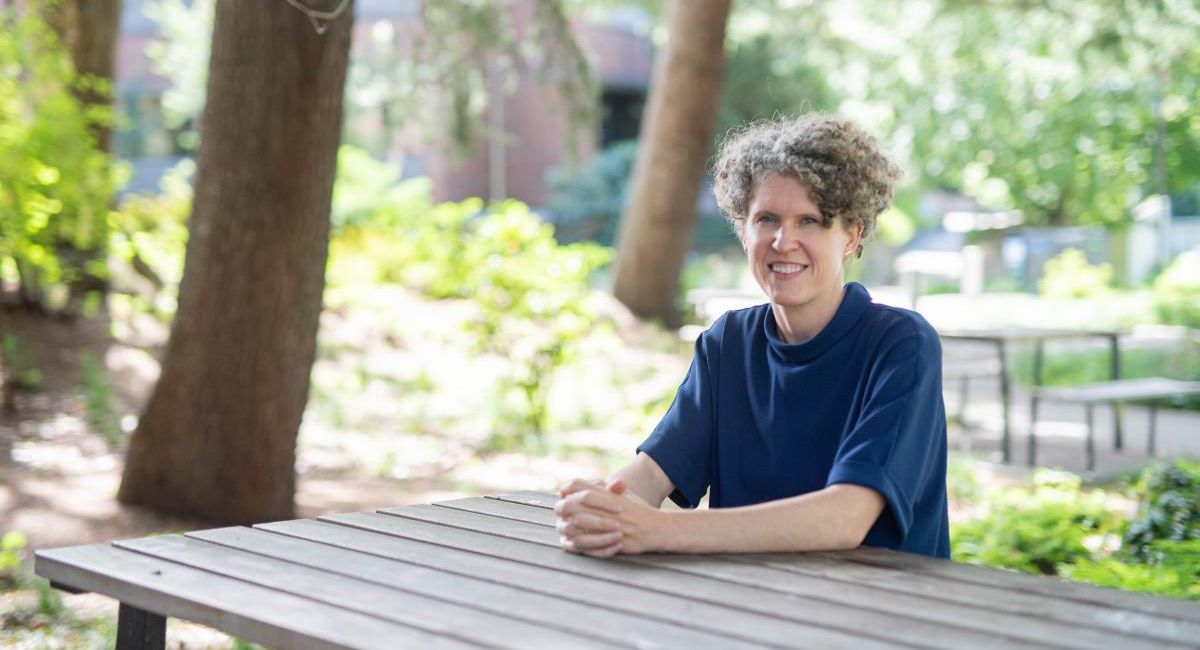
New DEOHS faculty member Joan Casey uses big data to analyze population-scale health problems and solutions.
Power outages. Wildfires. Antibiotic use in livestock. Heat waves. In this year alone, Joan Casey has published new research on the health impacts of all these issues and more. At a glance, they may seem wildly different. But to Casey, these diverse strands of research all fit under one roof.

“For me, it’s about this big sustainability umbrella and the choices we need to make as a species if we want to continue to survive and thrive,” she said. “There’s how we use our energy, how we use our land, how we produce our food, how we get water. All of these are interrelated and are affected by climate change.”
Casey, a new assistant professor in the UW Department of Environmental & Occupational Health Sciences (DEOHS), is an environmental epidemiologist who analyzes large health-related data sets to answer multilayered questions about how environmental changes and social inequities impact people’s health.
Power outages and population health
Casey and colleagues recently showed that the four regions of the US hardest hit by power outages—Louisiana, Arkansas, central Alabama and northern Michigan—also face disproportionate impacts of climate change and health inequities. The study was the result of their analysis of three years of data on power outages across the US.
Harnessing big data allows Casey to tackle health questions on the scale of entire populations, and to examine the impacts of state or federal policies designed to improve health. In a recent study, she and colleagues found that a California policy limiting the use of antibiotics in livestock likely helped reduce antibiotic-resistant infections for people in the state.
“Population-level questions are of most interest to me because I’m interested in population-level interventions,” she said—for example, a potential national guideline on exposure to particulate matter from wildfire smoke, which doesn’t exist yet.
Such a standard “would help people understand the potential health impacts of exposure and aid in intervention strategies,” she said. “We need broadly acceptable and successful interventions when we're talking about global problems like climate change.”
.png)